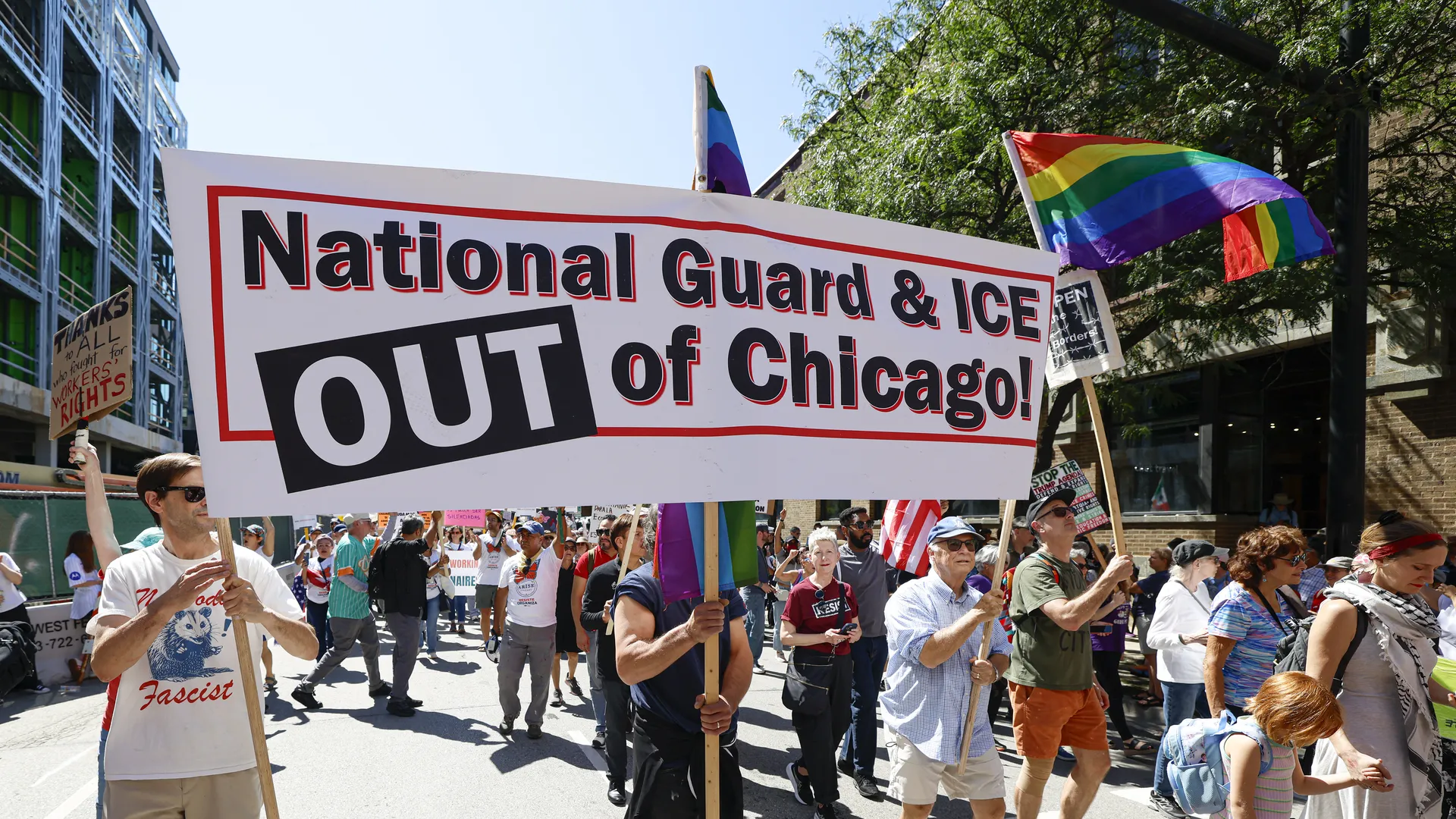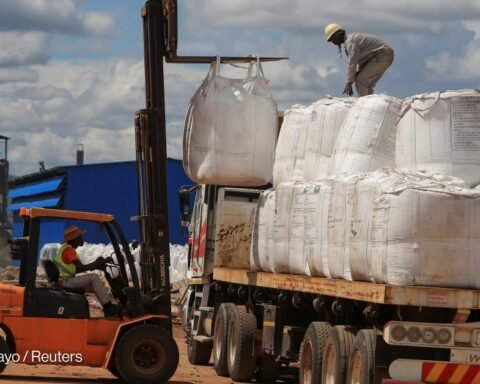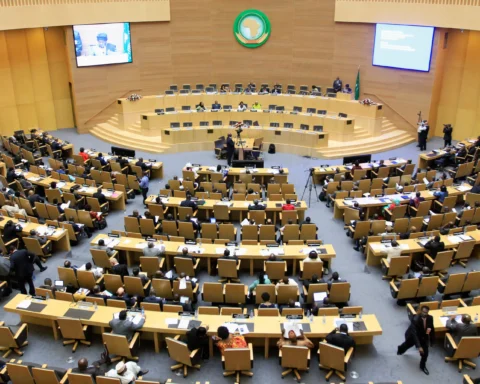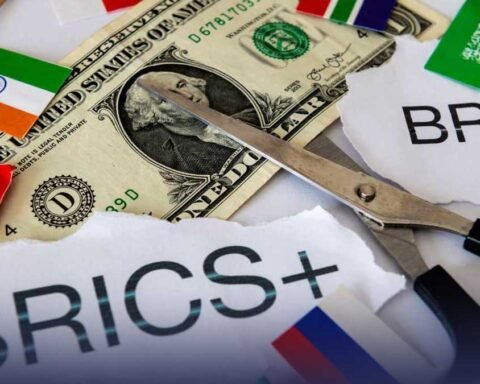President Donald Trump has once again thrust the United States into a heated political storm after threatening to unleash what he now calls the “Department of War” on the city of Chicago.
His remarks, shared through a fiery post on his Truth Social platform, depicted a scene inspired by the 1979 film Apocalypse Now, with helicopters flying over a burning city and the caption: “I love the smell of deportations in the morning. Chicago about to find out why it’s called the Department of WAR.”
The president’s words quickly drew condemnation from state and city officials. Illinois Governor JB Pritzker accused Trump of “threatening war with an American city,” while Chicago Mayor Brandon Johnson called the statement “reckless and dangerous.” Both leaders vowed to resist any unauthorized deployment of federal forces.
Trump’s post did not land quietly. In Chicago, thousands of demonstrators poured into the streets over the weekend, joined by solidarity marches in Washington, D.C. Protesters rallied against what they described as federal overreach and the targeting of immigrant communities. Many carried signs warning against “militarizing our neighborhoods,” while community groups organized legal support for residents who fear raids.
Reports circulated that federal agents, including Immigration and Customs Enforcement (ICE), had already begun staging operations at military bases near the city. Local advocates said the uncertainty was spreading fear, particularly among undocumented families, some of whom avoided public events in anticipation of enforcement sweeps.
Also Read; Trump Criticizes Russia-India-China Growing Alliance
Trump’s approach has also reignited debate over presidential powers and domestic law enforcement. The Posse Comitatus Act, a law dating back to 1878, restricts the use of the U.S. military in civilian policing without state consent. Legal experts argue that any attempt to deploy troops to enforce immigration law in Chicago could face immediate challenges in federal court.
Historians note that clashes between presidents and American cities are not new. During the Civil Rights era, federal troops were sometimes sent to enforce desegregation orders, while in more recent decades, debates over immigration policy have repeatedly tested the balance between local authority and federal power. What makes the current moment unusual, critics say, is the language Trump has used—casting fellow Americans as enemies and framing domestic politics in the language of war.
For residents of Chicago, the threat feels personal. Community leaders say families are living with heightened anxiety, uncertain if federal raids could come at night or during public gatherings. Advocacy groups have set up hotlines, offered legal workshops, and provided safe spaces for those most vulnerable.
At the same time, many Chicagoans have responded with defiance rather than fear. Churches opened their doors to protesters, and local leaders emphasized unity, urging citizens to stand together. For them, the president’s words are more than political theater—they are a reminder of the stakes for democracy, civil liberties, and the future of immigrant communities in America.







